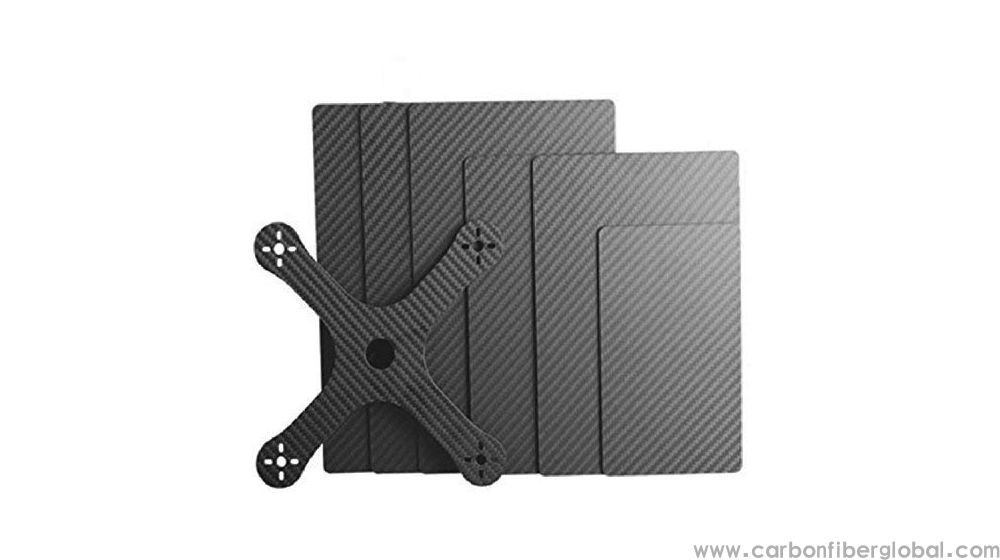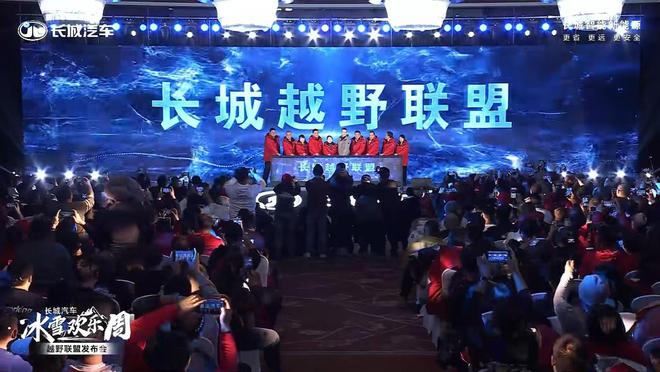Carbon Fiber Sheets are increasingly being utilized in the construction of Commercial Drones, offering numerous advantages that enhance performance, durability, and efficiency. As the demand for high-quality, reliable drones grows across various industries, Innovative applications of Carbon Fiber are helping to reshape the landscape of commercial UAV technology. Here are some notable uses of Carbon fiber sheets in commercial drones:

-
Lightweight Frame ConstructionOne of the primary benefits of carbon fiber is its exceptional Strength-to-Weight Ratio. By using carbon fiber sheets for the drone frame, manufacturers can significantly reduce weight while maintaining structural integrity. This lightweight construction leads to improved flight times and efficiency, allowing commercial drones to operate longer and carry heavier payloads.
-
Aerodynamic Design EnhancementsCarbon fiber’s versatility allows for the creation of custom, aerodynamically optimized shapes. This Design flexibility enables the development of streamlined drone bodies that minimize drag and maximize lift. Improved aerodynamics contribute to enhanced speed and stability, which are critical for commercial applications such as aerial photography, surveying, and delivery services.
-
Durable Components for Harsh EnvironmentsCommercial drones often operate in challenging conditions, including extreme temperatures and moisture-rich environments. Carbon fiber sheets provide excellent resistance to environmental factors, ensuring that drones remain operational and reliable over time. This durability reduces maintenance needs and extends the lifespan of the equipment, making it a cost-effective choice for commercial operators.
-
Vibration and Shock AbsorptionDrones are subject to vibrations during flight, which can affect stability and the quality of captured data. Carbon fiber sheets can be designed to absorb vibrations effectively, enhancing overall flight stability and improving the accuracy of sensors and cameras. This feature is particularly beneficial for drones used in surveying, mapping, and inspection tasks, where precision is essential.
-
Custom Propeller DesignsThe performance of commercial drones heavily relies on their propellers. Carbon fiber sheets can be used to create custom propellers that are both lightweight and strong, allowing for better thrust and efficiency. By optimizing propeller design with carbon fiber, manufacturers can enhance the drone’s overall performance and responsiveness in various flight conditions.
-
Advanced Payload SolutionsCarbon fiber sheets enable the construction of specialized payload compartments that can accommodate a wide range of equipment, from high-resolution cameras to advanced sensors. This adaptability allows commercial drones to be tailored for specific applications, such as agricultural monitoring, infrastructure inspections, or emergency response operations. The lightweight nature of carbon fiber ensures that the payload capacity is maximized without sacrificing flight performance.
-
Aesthetic CustomizationBeyond functionality, carbon fiber sheets can also be used to enhance the visual appeal of commercial drones. Manufacturers can create custom finishes and patterns, allowing drones to stand out in a competitive market. This aesthetic customization not only appeals to consumers but also helps businesses establish a strong brand identity.
-
Improved Battery IntegrationThe design flexibility of carbon fiber allows for optimized battery integration, which is crucial for maximizing flight time. Custom battery enclosures made from carbon fiber can reduce weight while securely housing battery systems. This optimization helps ensure that commercial drones can operate efficiently for extended periods, meeting the demands of various operational needs.
-
Modular Design ComponentsCarbon fiber sheets can facilitate modular designs that allow for easy upgrades and repairs. Drones constructed with modular Carbon Fiber Components can be quickly modified to incorporate new technologies or replace damaged parts without the need for extensive overhauls. This modularity enhances the longevity and adaptability of commercial drones in a rapidly evolving technological landscape.
-
Sustainability in ManufacturingAs industries shift toward more sustainable practices, carbon fiber’s potential for recycling and long lifespan positions it as an eco-friendly option for drone construction. Utilizing carbon fiber sheets can help reduce waste and promote environmentally conscious manufacturing processes, appealing to consumers and businesses that prioritize sustainability.
Conclusion
The innovative uses of carbon fiber sheets in commercial drones are transforming the capabilities and performance of UAV technology. By leveraging the unique properties of carbon fiber, manufacturers can create drones that are lighter, stronger, and more efficient, meeting the diverse needs of various industries. As technology continues to advance, the integration of carbon fiber in commercial drones will likely expand, paving the way for new applications and improved functionalities.





